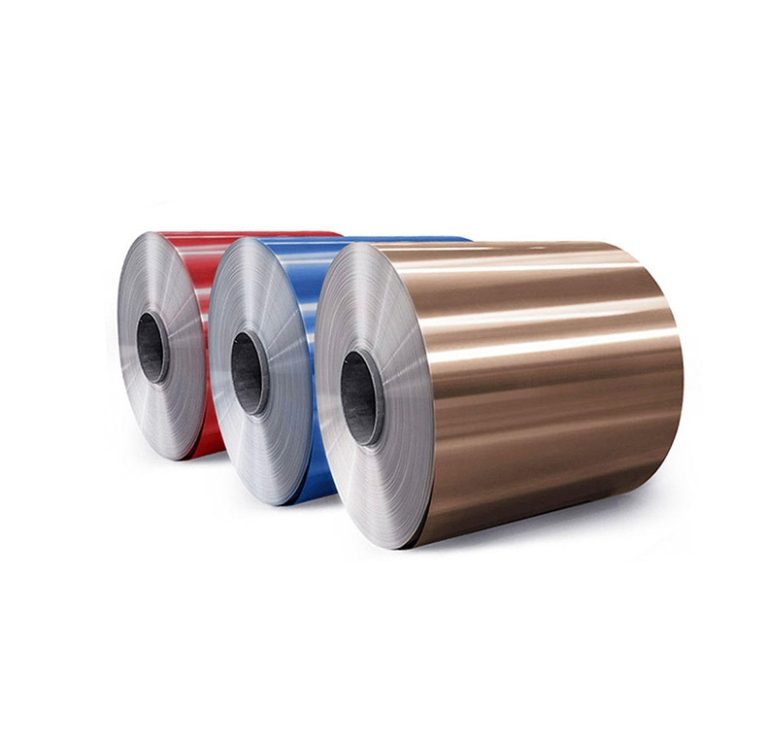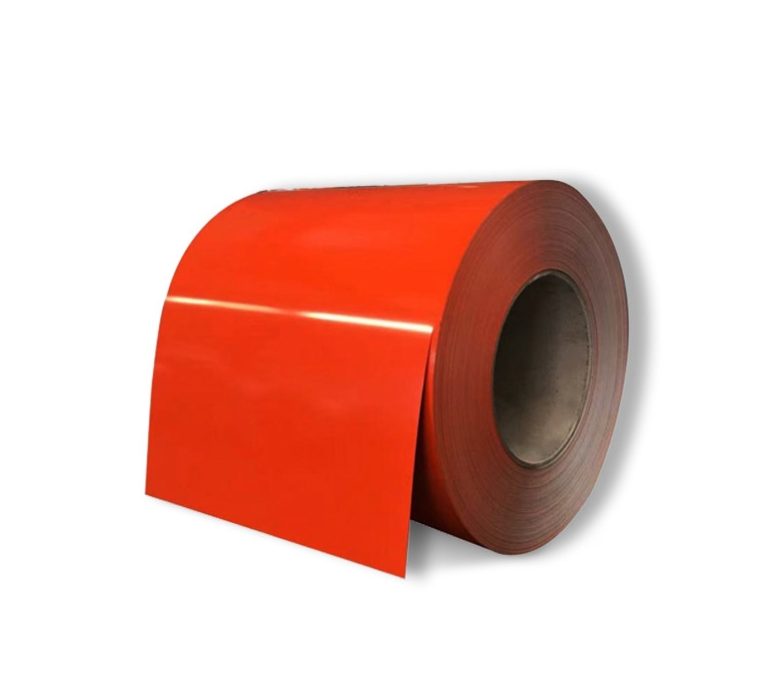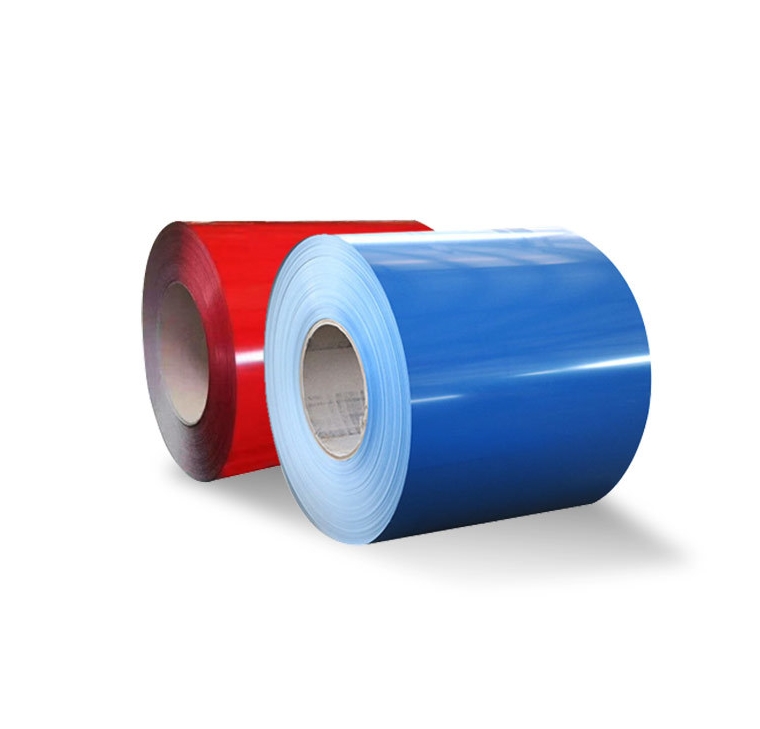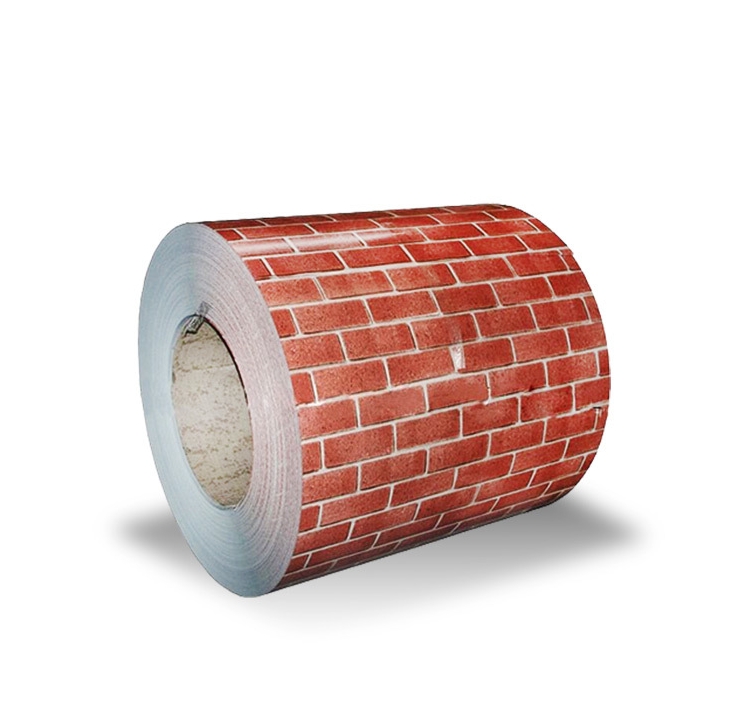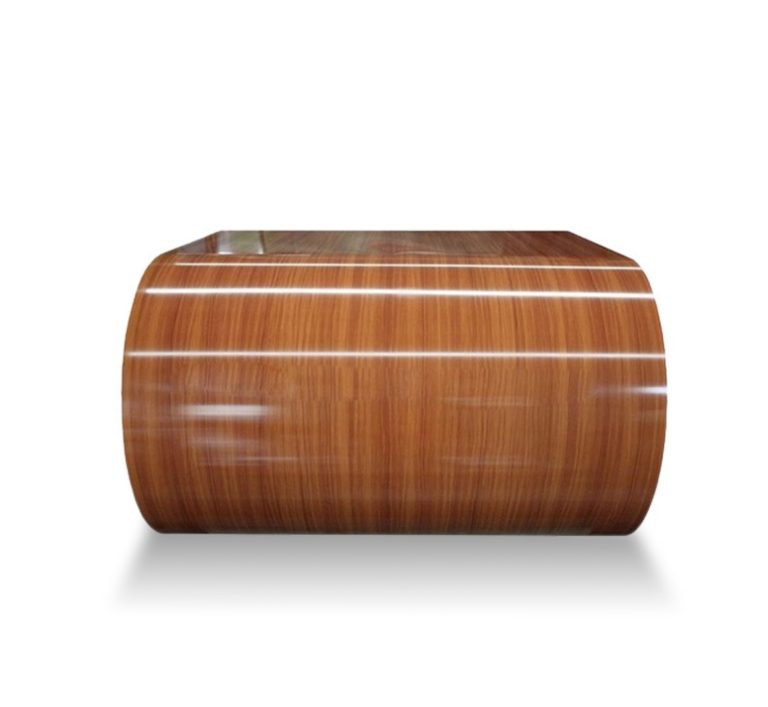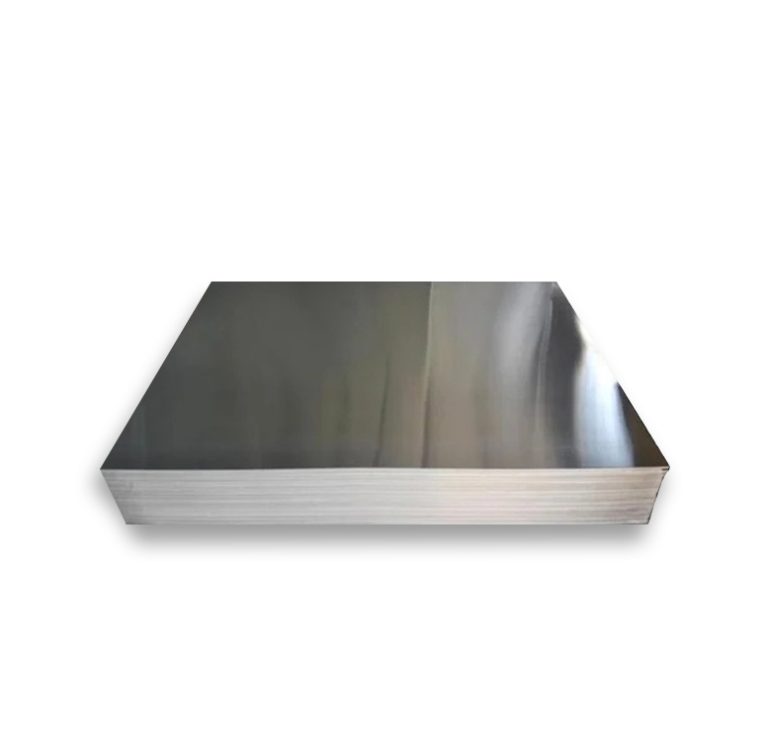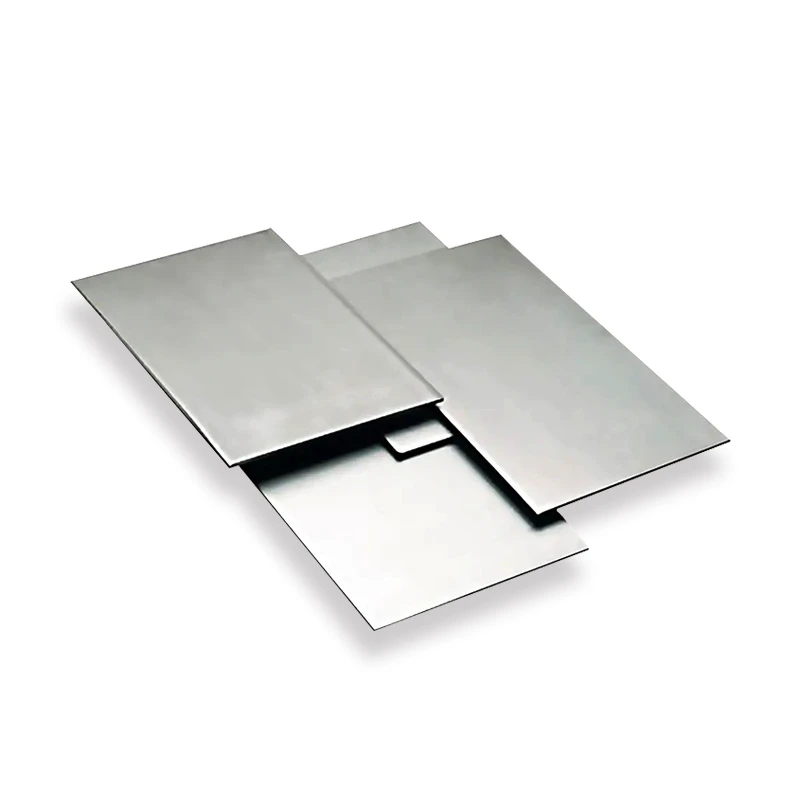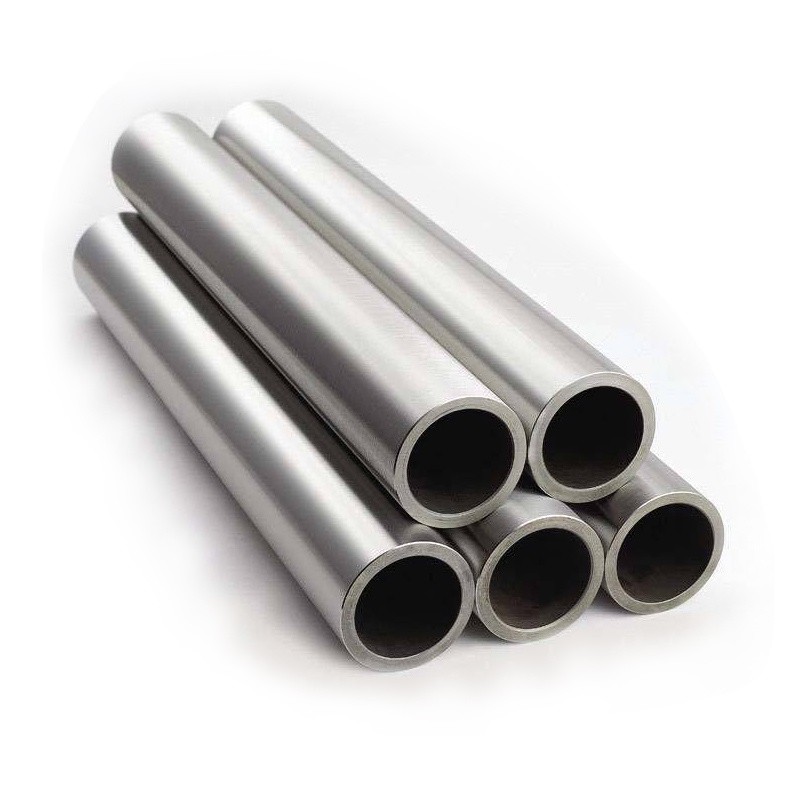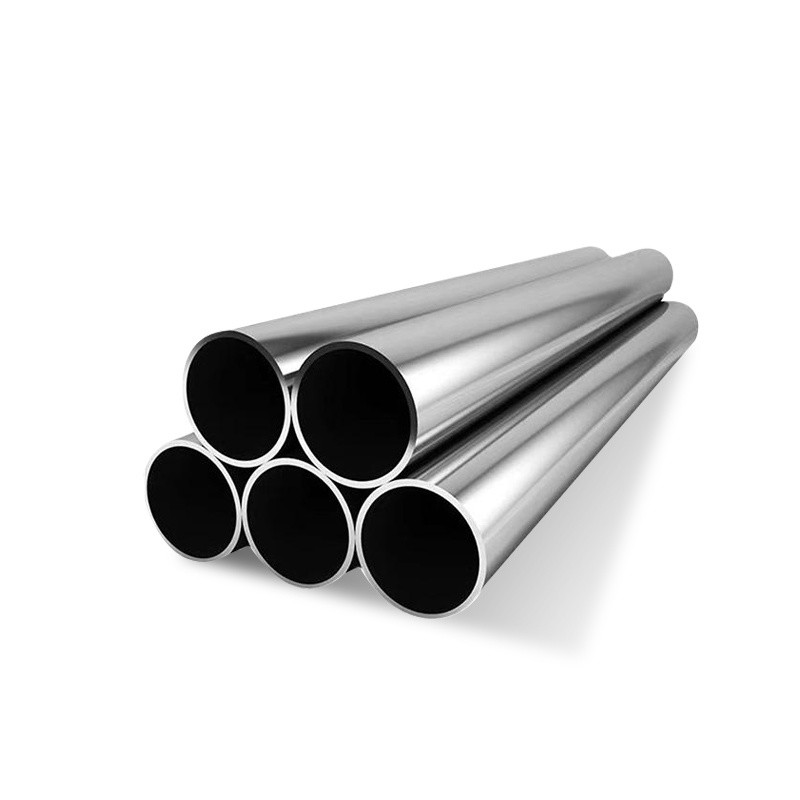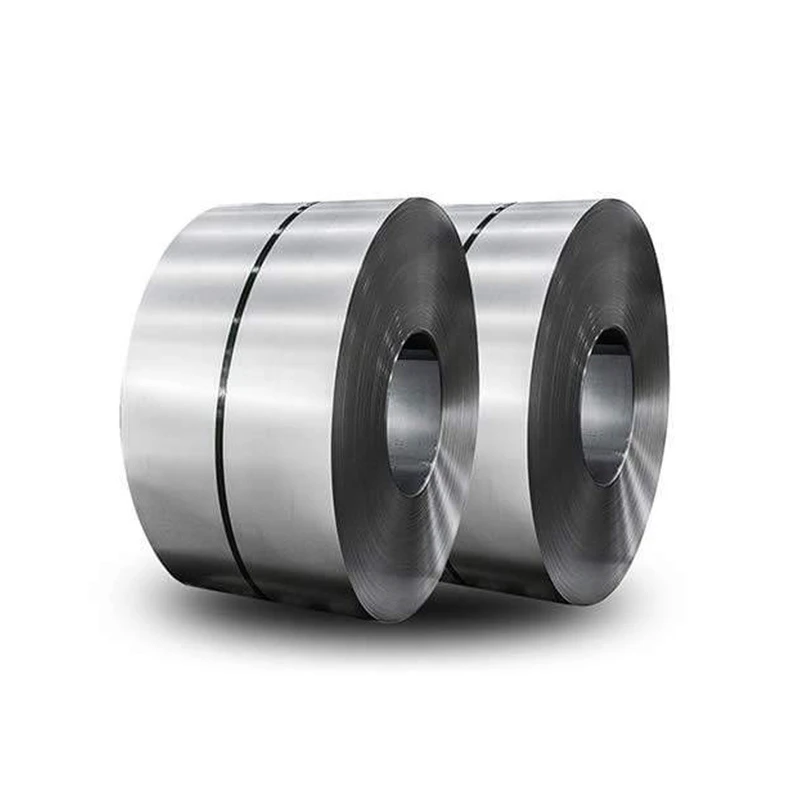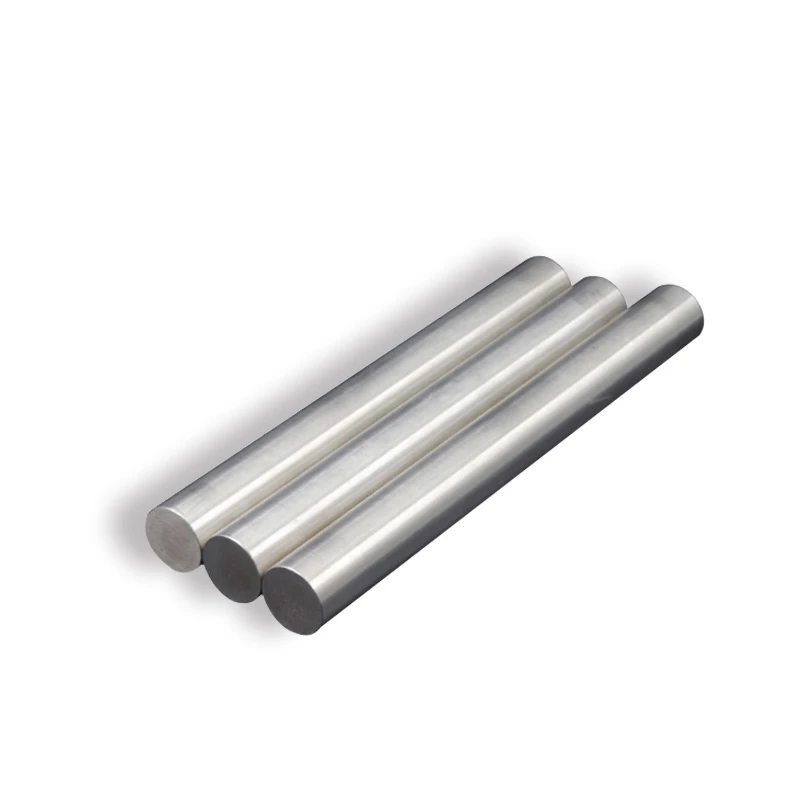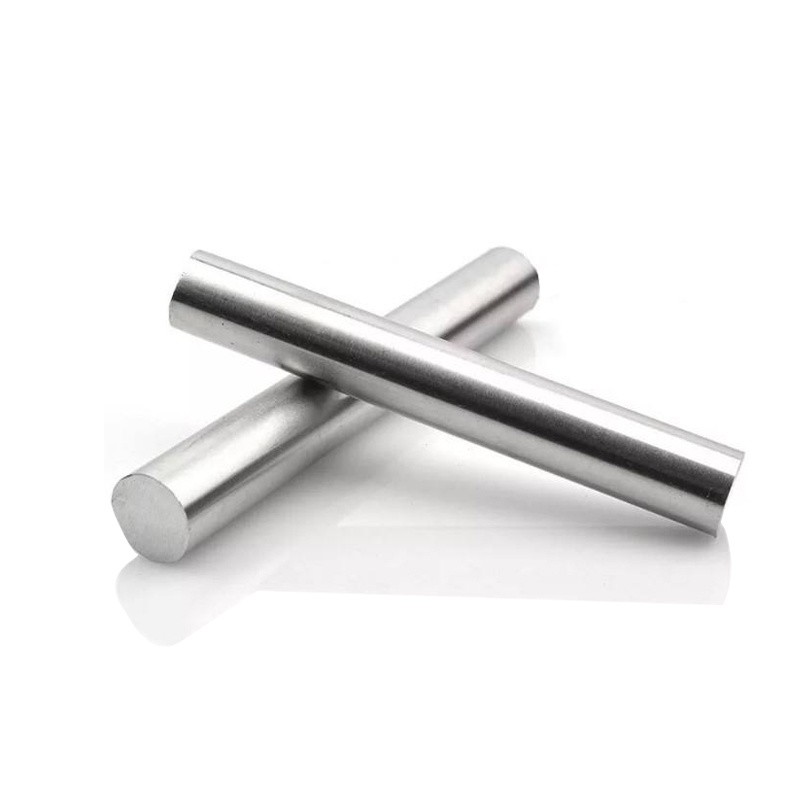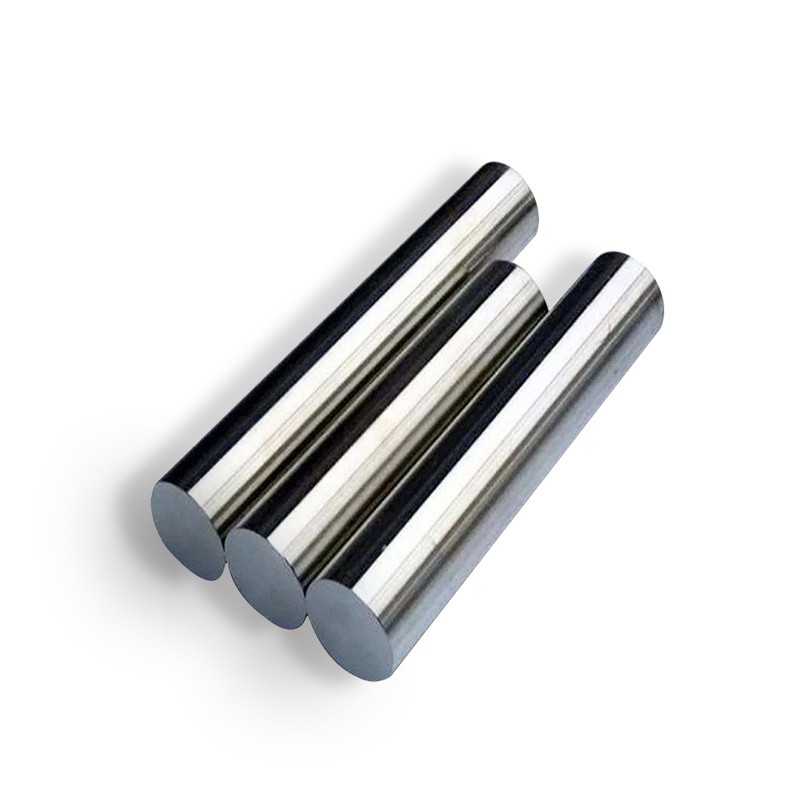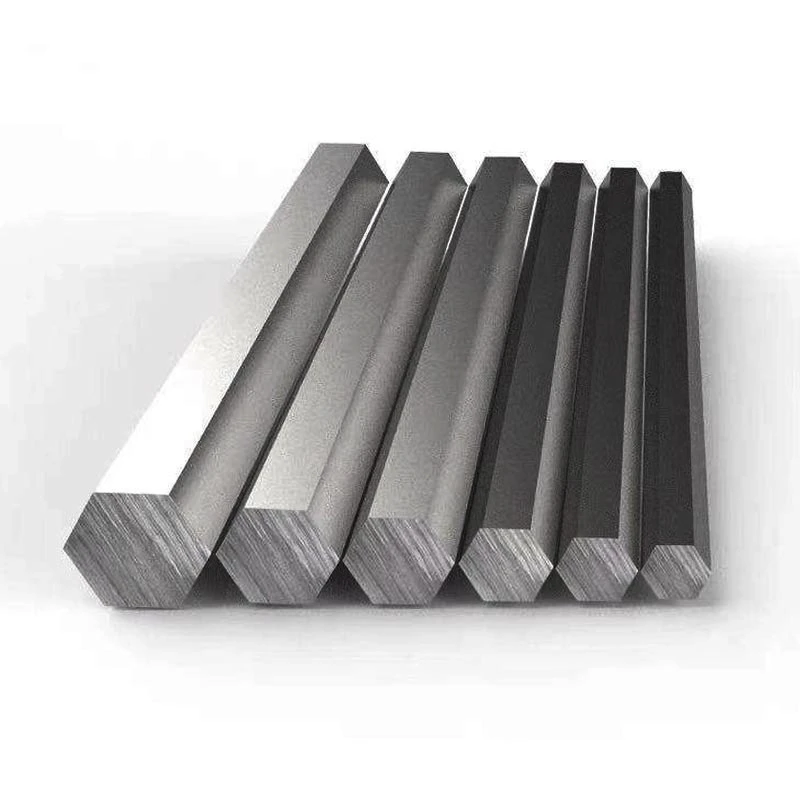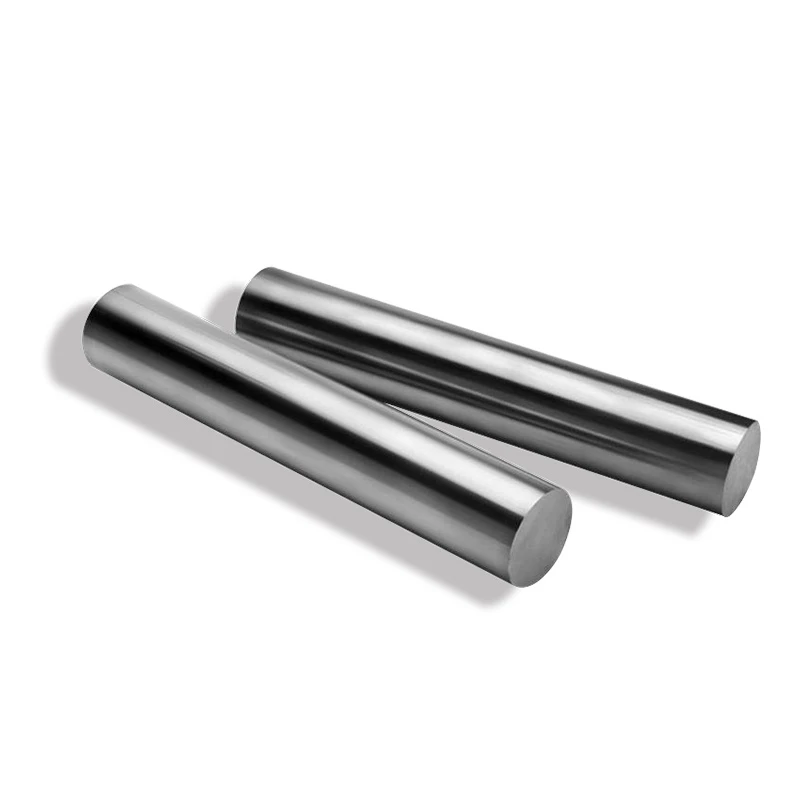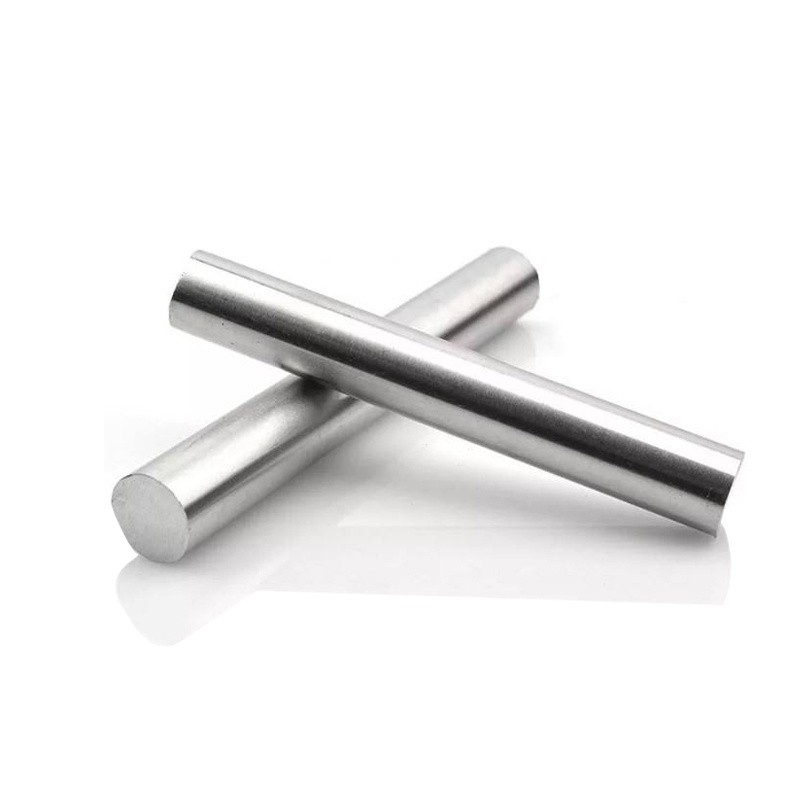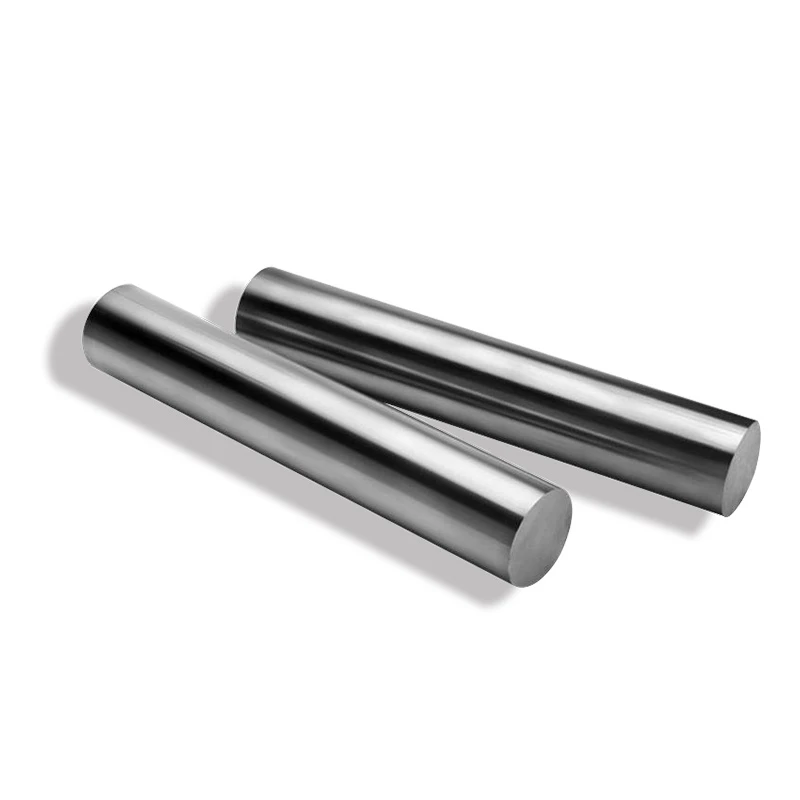
CATEGORIES
FEATURED PRODUCTS
ASTM 309/309S Stainless Steel Plate
We offer this product and related grades with 100% factory direct pricing and free quotes available within 24 hours.
APPLICATION SCENARIOS
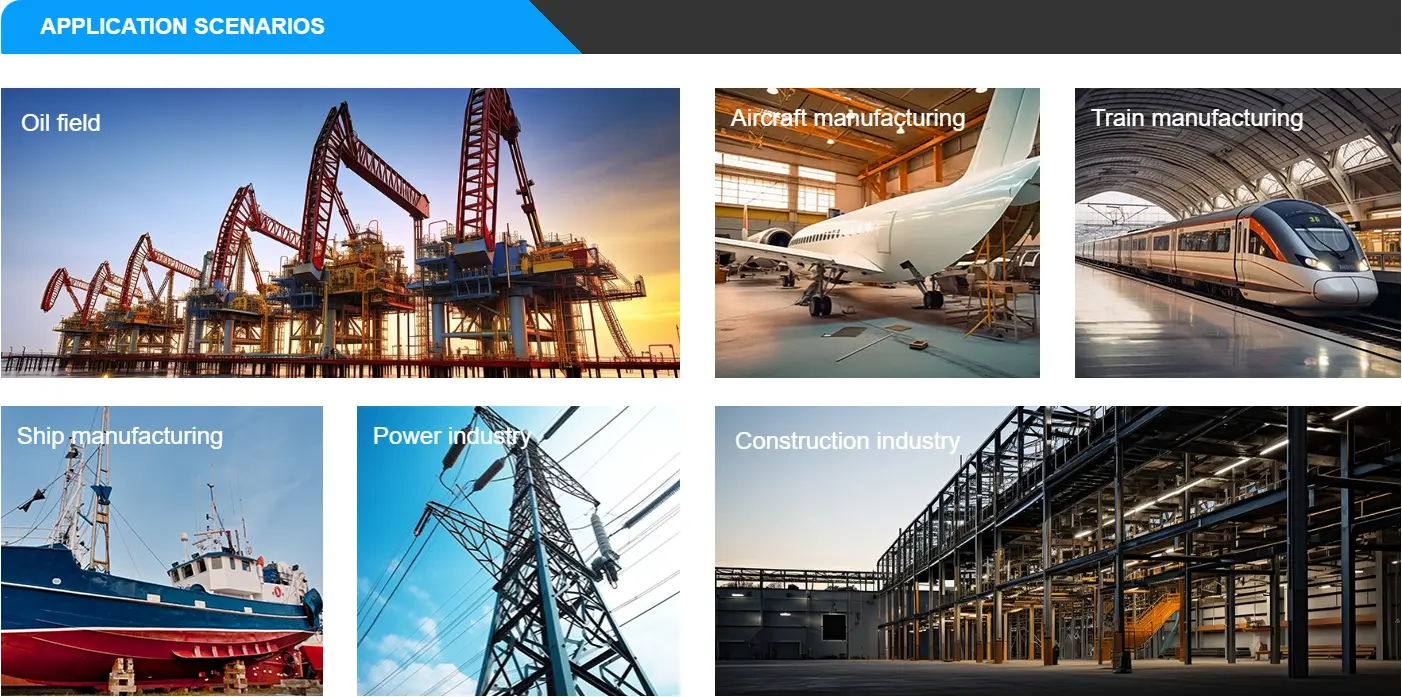
OUR ADVANTAGE

Certificate of Honor
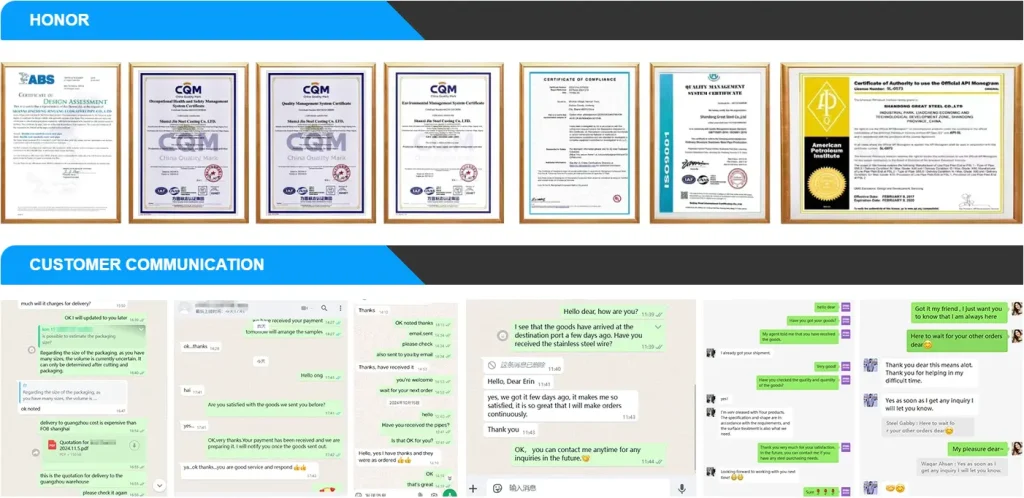
PARTNER

Our Factory
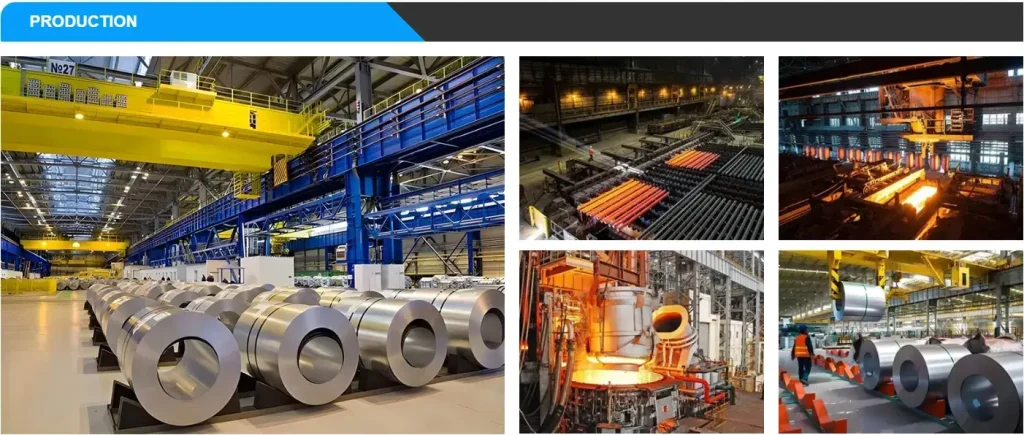
We design 309/309S stainless steel plates for industries where temperatures exceed 1,000°F (538°C). Unlike standard 304/316L alloys, 309S (UNS S30908) leverages 22–24% chromium and 12–15% nickel to form a stable oxide layer that prevents scaling and carburization under cyclic heat up to 980°C. This ultra-low-carbon variant (≤0.08% C) eliminates weld decay, making it indispensable for fabricating integrated furnace systems, exhaust manifolds, and catalytic converters.
Key Performance Advantages
1. Unmatched Thermal Stability
-
Oxidation Resistance: Withstands continuous service at 980°C and intermittent spikes to 1,150°C without spalling.
-
Low Thermal Expansion: Coefficient of 16.0 × 10⁻⁶/°C (20–100°C) reduces stress cracking in thermal cycling.
-
Creep Strength: 30% higher stress rupture life than 304 at 870°C.
2. Corrosion Resistance in Aggressive Media
-
Resists sulfidation in fuel-rich combustion environments and nitric acid mixtures (≤20% concentration).
-
Outperforms 316L in sulfur-containing atmospheres (e.g., coal-fired boilers, petrochemical crackers).
3. Mechanical Robustness
-
Tensile Strength: ≥515 MPa
-
Yield Strength: ≥205 MPa
-
Elongation: ≥40%
-
Hardness: ≤187 HB – ideal for machining flanges, nozzles, and brackets.
Technical Specifications: Chemistry & Properties
Table 1: Chemical Composition (Weight %)
| Element | 309S (ASTM A240) | 304 (Comparison) | Key Function |
|---|---|---|---|
| Cr | 22.0–24.0 | 18.0–20.0 | Oxidation barrier |
| Ni | 12.0–15.0 | 8.0–10.5 | Austenite stabilizer |
| C | ≤0.08 | ≤0.07 | Weldability enhancer |
| Mn | ≤2.00 | ≤2.00 | Sulfur tolerance |
| Si | ≤1.00 | ≤0.75 | Deoxidizer |
| P | ≤0.045 | ≤0.045 | – |
| S | ≤0.030 | ≤0.030 | Machinability |
*Note: 309 has identical composition but higher C (≤0.20%) for non-welded applications.*
Table 2: Mechanical & Thermal Properties
| Property | 309S | 316L (Comparison) |
|---|---|---|
| Tensile Strength | ≥515 MPa | ≥485 MPa |
| Yield Strength (0.2%) | ≥205 MPa | ≥170 MPa |
| Elongation | ≥40% | ≥40% |
| Density | 7.98 g/cm³ | 7.99 g/cm³ |
| Max Service Temp | 980°C | 870°C |
| Thermal Conductivity | 15.0 W/(m·K) | 16.3 W/(m·K) |
Global Price Analysis (2025 Q3)
| Region | Price (USD/ton) | Key Market Drivers |
|---|---|---|
| China | $5,200–$5,800 | Weak domestic demand (-12% YoY export) |
| EU | $7,800–$8,500 | Alloy surcharge: €2,818/ton |
| USA | $8,000–$8,800 | ASTM certification premiums |
| Japan | $8,500–$9,200 | JIS SUS 309S compliance |
*Note: Scrap 309S trades at $15,200–$19,000/ton, incentivizing recycling.*
Industry-Specific Applications
-
Energy & Power:
-
Boiler baffles, burner nozzles, FGD scrubber liners
-
Nuclear fuel rod supports (resists neutron embrittlement)
-
-
Petrochemical:
-
Ethylene cracker tubes, reformer furnace internals
-
-
Waste Treatment:
-
Incinerator grates, ash conveyor systems (handles chlorides/sulfides)
-
-
Automotive:
-
Turbocharger housings, exhaust manifolds
-
Precision Processing Guidelines
-
Welding:
-
Use AWS E309-16 electrodes with preheat to 150°C – prevents Cr-carbide precipitation.
-
Post-weld anneal at 1040°C for 1 hr/25 mm thickness.
-
-
Machining:
-
Carbide tools with TiN coating; coolant flow ≥20 L/min to avoid work hardening.
-
-
Heat Treatment:
-
Solution annealing: 1000–1050°C → rapid air/water quench.
-
Strategic Sourcing Advice
-
Avoid “Price-Only” Tenders: Low-cost suppliers often omit solution annealing, risking intergranular corrosion.
-
Certification Matters: Demand Mill Test Reports (MTRs) validating:
-
ASTM A240 compliance
-
Ferrite content ≤5% (ensures phase stability)
-
-
Why Luokaiwei?
-
Thickness Range: 0.5–80 mm (cold-rolled) / 20–200 mm (hot-rolled)
-
Surface Finishes: No. 4 brushed, 2B mill, #8 mirror for radiant heat reflection
-
Zero Lead Time: 12,000 tons of semi-finished stock for urgent Tier-1 projects.
-
5 Critical FAQs
-
Can 309S replace 314 stainless in kiln furniture?
Yes – its lower silicon content (≤1.00% vs. 1.5–3.0% in 314) reduces embrittlement at 1,000°C. -
How does scrap value impact total cost?
309S scrap trades at $15,200–19,000/ton – our buyback program recoups 30–40% of initial CAPEX. -
Is post-weld heat treatment mandatory?
For cyclic >600°C service: yes. For ambient-temperature vessels: no. -
What’s the max chlorides tolerance?
≤50 ppm in aqueous media – switch to 317L (>3% Mo) if chlorides exceed 100 ppm. -
Do you supply ASME Section VIII-compliant plates?
All our 309S plates carry ASME SA-240 certification for pressure vessel fabrication.

